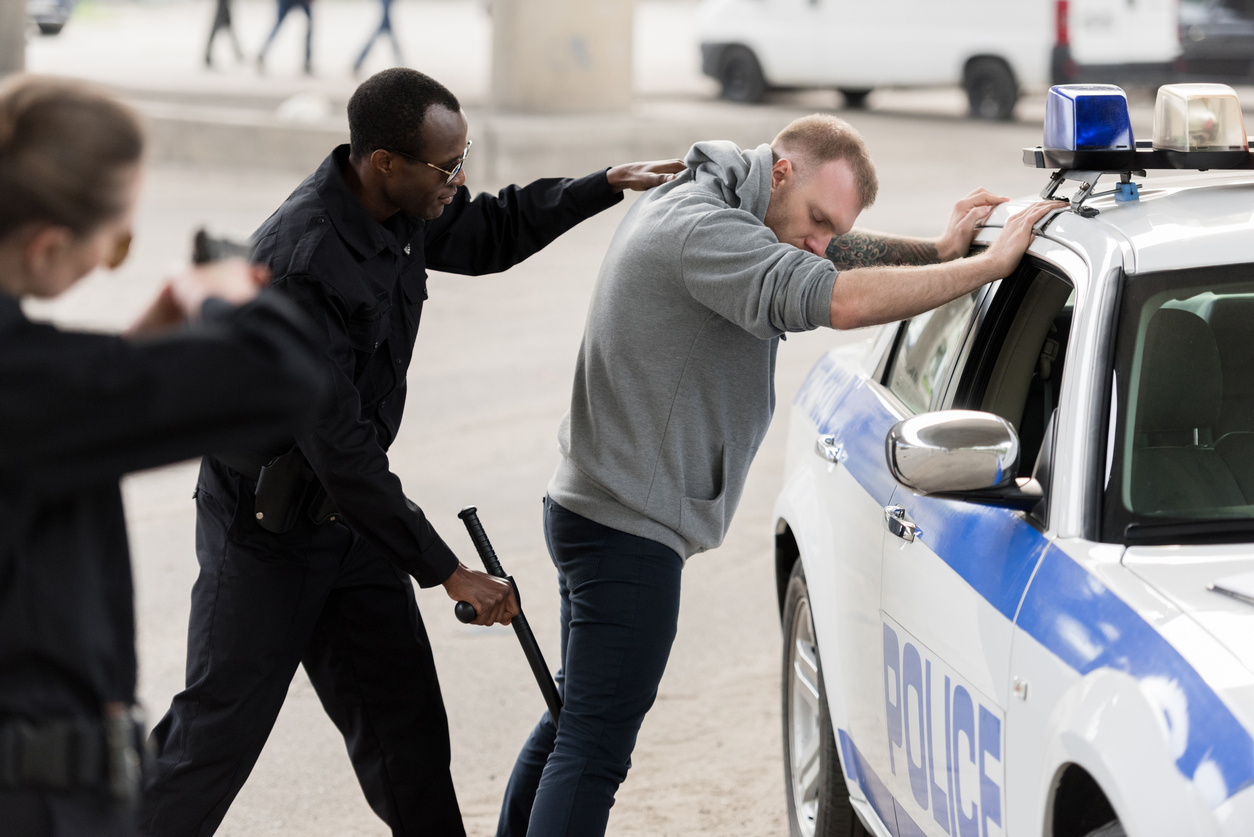Things Cops Do That Are Illegal: What a Police Officer Can and Cannot Do

Interacting with the police can be stressful, and it’s important to know your rights and what to expect during these encounters. While most officers are dedicated to protecting and serving the community, there are times when some may overstep their authority. Understanding what police officers are legally allowed to do – and what they aren’t – can help you stay informed and protect your rights. Here are some things police officers cannot do:
Use Excessive Force
Officers are trained to use only the amount of force necessary to handle a situation. They can’t use unreasonable or excessive force, whether it’s physical pressure, restraints, or even threats. If you feel that an officer has used more force than needed, you should know that you have the right to report this behavior. Write down everything you can remember so you can talk to your lawyer about it when the time is right.
Conduct Searches Without a Warrant or Consent
Police can’t search your person, your belongings, or your property without a valid reason. Generally, they need a warrant signed by a judge, based on probable cause, to perform a search.
There are exceptions, like if you give consent or if there’s an immediate threat, but in most cases, the rules are fairly strict about when a police officer can search you or your belongings. Understanding this rule means you can better assert your rights and avoid unauthorized searches during interactions with law enforcement.
Detain You Without a Valid Reason
Officers can’t detain you randomly or without a legitimate purpose. They need reasonable suspicion to stop and briefly detain you. Reasonable suspicion means they have specific and articulable facts that suggest you are involved in criminal activity. If an officer detains you without reasonable suspicion, it’s considered unlawful.
If you believe you were detained without proper cause, it’s important to remain calm and comply during the encounter, then consult with a lawyer afterward to address the situation.
Plant Evidence or Tamper with Evidence
Tampering with evidence is a serious offense that undermines the justice system. Police officers are prohibited from planting, altering, or destroying evidence to influence the outcome of a case. This includes falsifying reports, manipulating crime scenes, or knowingly using unreliable witness testimony.
If you suspect that an officer has tampered with evidence in your case, it’s vital to contact a defense attorney immediately. An experienced lawyer can help investigate the integrity of the evidence and take appropriate legal action to protect your rights and ensure a fair trial.
Coerce a Confession
It is illegal to obtain a confession through coercion, whether through threats, intimidation, or prolonged detention. Police officers must follow proper procedures when interviewing suspects and ensure that any confession is given freely and voluntarily.
If you believe that a confession was coerced, it can be challenged in court and potentially excluded from evidence. However, police officers are permitted to use certain deceptive tactics during questioning, including lying about evidence they might have.
Interfere with Your Right to Legal Representation
Officers cannot prevent you from contacting an attorney or limit your access to legal counsel. You have the right to consult with a lawyer at any point during a police investigation or after an arrest. If a police officer tries to restrict your ability to speak with a lawyer, intimidate you from seeking legal advice, or delay your access to legal representation, they are acting unlawfully.
If you’re being questioned by the police, ask for a lawyer, state that you’re asserting your right to remain silent, and don’t say anything until you’re able to speak with one.
Seek Legal Advice if Your Rights Are Violated
If you believe a police officer has violated your rights, it’s essential to seek legal advice from our criminal defense lawyers as soon as possible. An experienced attorney can help you understand if the conduct was illegal and what you can do about it.
If you’re facing any type of criminal charge – whether it’s a misdemeanor or a felony – it’s critical that you speak with a lawyer to make sure you receive due process. Contact us today to schedule a free consultation.
Contact the Birmingham Criminal Defense Lawyers Of Jaffe, Hanle, Whisonant & Knight, P.C. Today
For more information, contact an experienced Birmingham criminal defense attorney at Jaffe, Hanle, Whisonant & Knight, P.C. for a free consultation.
We proudly serve clients in Birmingham and all throughout Alabama.
Jaffe, Hanle, Whisonant & Knight, P.C.
2320 Arlington Ave S, Suite 100, Birmingham, AL 35205
(205) 930-9800
